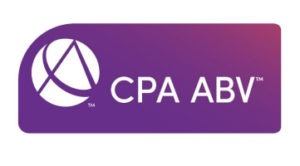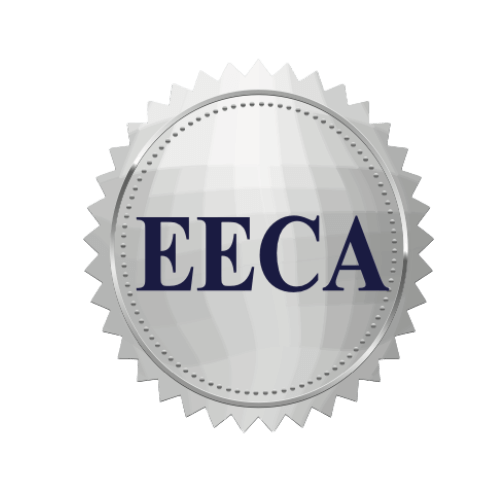Gift Card Liability When Valuing a Business

Recently, a lender (who now has become a client) came to us looking for a second opinion on a valuation of a Massage Envy Franchise. Their appraiser came back with a negative value conclusion which centered around deferred gift card liabilities transferring with the sale. We took a step-by-step review of the business and how these liabilities are treated when determining the value of the franchise. Here are some key points from that discussion.
A deferred liability occurs when a company has been paid for a service that a customer has not yet received or that has not been fully completed. This can happen in any industry, but this is common among businesses that sell gift cards.
Gift cards pose an accounting challenge to businesses for a few reasons. Namely, a number of gift cards will never actually be redeemed. That means it’s hard to account for associated revenue, since there are no associated products or services attached to the gift card. Keep reading to learn more.
Here’s an example:
A local massage franchise sells a $100 gift card to a customer for a 1-hour massage. That service (and revenue) is booked at full cost at the time the gift card was sold, but the company is sold before it’s redeemed. Even though the prior owner received payment, the new owner is still obligated to provide that service. This is considered a deferred liability on the balance sheet for $100.
From a valuation perspective, it may not be a true liability because other costs are associated with providing the massage. Some gift cards are never redeemed, but regardless of whether they are or not, the store is still open, the massage technicians are still being paid, and the lights are still on, so operational expenses are still being incurred. Redeeming the gift card just requires a slot to be open during any day in the future so that $100 liability is actually much less. In the case of Massage Envy, they have specific formulas for normalizing the gift card liability.
When comparing market transactions from similar massage franchises, these “gift card liabilities” are built into the price. Both buyer and seller understand that they are there, and
assuming they are “normal,” they are included. Therefore, there should not be a deduction for the market approach.
For an income approach, you can take two routes:
- Use a deduction but come up with a “reasonable” liability to deduct.
- Build your liability into your cash flow projection and DCF.
How To Accurately Determine Liability
To value these businesses appropriately, you have to know how to treat the gift cards liability that transfer with them to a new owner. If you have questions about properly determining what a gift card liability is actually worth, the experts at GCF can help.
Keep Learning About Business Valuations
How to Navigate The Business Valuation Process Successfully
The Great Debate: Business Valuation With or Without Inventory
What Is Business Valuation? Why & When You Need One
Our Accreditations
Your GCF Business Valuation appraisal team has one or more of the following business valuation accreditations:
 Accredited Senior Appraiser (ASA) – is recognized as having achieved the highest level of education, training, and report writing for business valuations. The ASA designation is the gold standard for a business valuation professional. (source: American Society of Appraisers)
Accredited Senior Appraiser (ASA) – is recognized as having achieved the highest level of education, training, and report writing for business valuations. The ASA designation is the gold standard for a business valuation professional. (source: American Society of Appraisers)
 Certified Business Appraiser (CBA) – a very prestigious credential in the eyes of all who are familiar with it as it earned the reputation of being a difficult credential to obtain. (source: National Association of Certified Valuators and Analysts®)
Certified Business Appraiser (CBA) – a very prestigious credential in the eyes of all who are familiar with it as it earned the reputation of being a difficult credential to obtain. (source: National Association of Certified Valuators and Analysts®)
 Certified Valuation Analyst (CVA)
Certified Valuation Analyst (CVA) Accredited in Business Valuation by the American Institute of CPAs (ABV by AICPA) – a credential granted exclusively by the AICPA to qualified valuation professionals who demonstrate expertise in valuation through knowledge, skill, experience, and adherence to professional standards. (source: American Institute of CPAs)
Accredited in Business Valuation by the American Institute of CPAs (ABV by AICPA) – a credential granted exclusively by the AICPA to qualified valuation professionals who demonstrate expertise in valuation through knowledge, skill, experience, and adherence to professional standards. (source: American Institute of CPAs)
- Accredited in Business Valuation (ABV) – credential is granted exclusively by the AICPA to CPAs and qualified valuation professionals who demonstrate considerable expertise in valuation through their knowledge, skill, experience, and adherence to professional standards. (source: American Institute of CPAs)
- Certified Public Accountant (CPA)
Over 25 years of experience and expertise in business valuations and appraisals. An accredited appraiser receives extensive training, remains in good standing, and follows specific industry practices to determine the value of a business.
GCF’s Machinery and Equipment Appraisal Accreditations
 Expert Equipment Certified Appraiser (EECA) – Our appraisers are recognized with a deep understanding of valuation principles and extensive experience by the Institute of Equipment Valuation.
Expert Equipment Certified Appraiser (EECA) – Our appraisers are recognized with a deep understanding of valuation principles and extensive experience by the Institute of Equipment Valuation.
- Certified Machinery and Equipment Appraiser (CMEA) – a CMEA professional has the expertise and certification to conduct a third party machinery and equipment appraisal.

